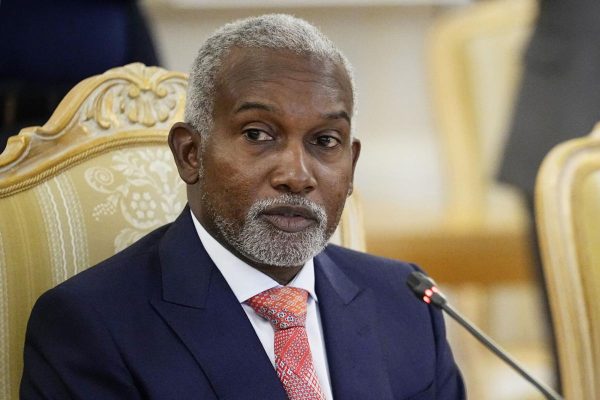In a world shifting steadily toward multipolarity, where global power is dispersed rather than concentrated, Nigeria is no longer content to observe from the sidelines. Africa’s most populous nation is stepping into the arena with purpose and confidence—asserting its place in a redefined global order.
At the helm of this diplomatic evolution is Ambassador Yusuf Maitama Tuggar, Nigeria’s Minister of Foreign Affairs, whose recent engagements signal a transformative foreign policy direction rooted in ambition, strategic partnerships, and global equity.
Brazil Visit: A Diplomatic Statement, Not a Courtesy Call
Ambassador Tuggar’s diplomatic mission to Brazil in April 2025 was far more than a ceremonial visit. It was a bold declaration of Nigeria’s readiness to engage meaningfully with rising powers—nations with shared histories of colonial legacy and developmental aspirations.
During the Brazil–Nigeria Business Roundtable in Rio de Janeiro, Tuggar made a compelling case for deepening bilateral ties in critical sectors such as agriculture, aviation, digital innovation, and energy. These are not abstract targets—they represent Nigeria’s blueprint for inclusive and sustainable economic transformation.
In his address, he assured Brazilian investors of Nigeria’s commitment to de-risking its business environment and opening its economy to long-term, strategic investment. His message found eager listeners, drawing interest from major Brazilian entities including Petrobras, Embraer, ApexBrasil, and the Brazilian Development Bank.
Laying the Groundwork for Long-Term Cooperation
Ongoing initiatives like the Green Imperative and efforts to expand sugar and ethanol trade underscore Nigeria’s intent to build robust, sector-focused partnerships with Brazil. Beyond economic ties, these efforts reflect a deeper alignment—one built on shared development goals and mutual respect.
Nigeria’s Assertive Presence in BRICS
Tuggar’s ambitions, however, reach beyond bilateral relations. At the BRICS Foreign Ministers Meeting in Rio on April 28, he presented Nigeria not as a passive observer, but as a proactive partner. His participation affirmed Nigeria’s dedication to multilateral cooperation, South-South solidarity, and global equity.
In a forward-looking address, Tuggar highlighted Nigeria’s potential to contribute meaningfully to BRICS’ evolving agenda—especially in areas like artificial intelligence regulation, sustainable healthcare, peacebuilding, and fair global trade.
He reiterated Nigeria’s call for the reform of global institutions, particularly the United Nations Security Council, asserting that true global justice requires inclusive decision-making structures that reflect today’s realities—not those of the post-World War II order.
Unlocking New Avenues for Growth
By strengthening ties with BRICS nations and Brazil, Nigeria is tapping into new corridors of influence, development financing (like the New Development Bank), and knowledge exchange opportunities. This approach is diversifying Nigeria’s international partnerships while enhancing its resilience in a complex geopolitical environment.
Redefining Nigeria’s Role on the World Stage
Ambassador Tuggar’s diplomacy is marked by a deliberate, assertive style—not passive, not reactionary. It is grounded in a belief that Nigeria has the youth, talent, and geographic leverage to be a key actor in shaping global outcomes.
As Nigeria moves deeper into strategic engagements with emerging powers, it is not seeking approval—it is claiming its rightful place in global conversations. Tuggar’s efforts are helping to reposition the country from a reactive player to a co-author of the future.
In this era of recalibration, Nigeria’s voice is no longer an echo—it is a clarion call. And under Tuggar’s visionary leadership, the world is beginning to listen.

